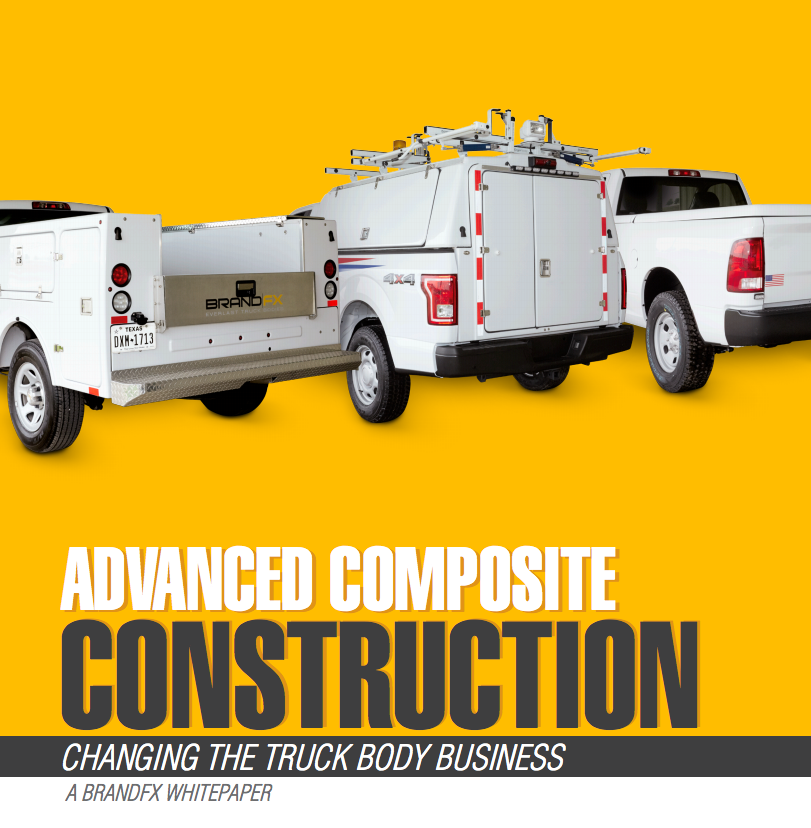For many years, metal construction has dominated the truck body industry. It was the perceived durability of steel, in particular, that ensured metal truck bodies were the default, and sometimes only real, choice. The majority of the providers of metallic bodies have continued to emphasize steel construction, though some have migrated to aluminum in an effort to reduce weight.
A third option does exist, however, and it is rapidly changing the way the industry thinks about durability, light-weighting, lifecycle value when it comes to truck bodies. That third option, which has gained a great deal of support over the years, is composites.
Composite materials have been successfully employed in the manufacturing of a wide range of truck bodies for many of the nation’s largest service fleets and utilities. Line bodies, service bodies, inserts, toppers, and tonneau covers are now widely available with composite materials. Designed and manufactured to handle the same loads as steel bodies, composite bodies are now proven to deliver a wide range of benefits, including lighter weight, easier maintenance and repair, corrosion resistance, and greatly extended service life.
Read our Whitepaper, Advanced Composite Construction Changing the Truck Body Business, to learn just how the truck body industry is changing and the role composites plays in the future of it.
